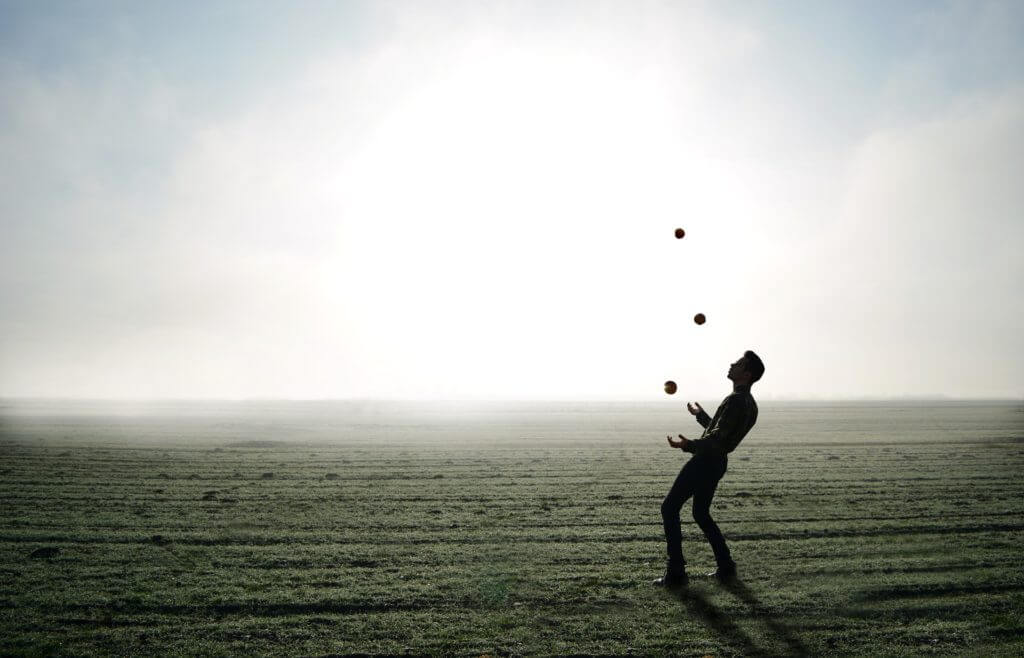
Time and again, I have proven to myself that the relationship between “doing” and “believing” works like a mathematical equation. As the Israelites said at the foot of the mount at the time they covenanted with God, “We will do and we will hear” (na’a’seh wenismâ’; Exodus 24:7), meaning that with the doing comes the understanding. In other words, by keeping God’s commandments—the terms of his covenant—our faith increases, our knowledge of God’s truth expands, and our testimonies grow exponentially. To me, that kind of “doing” means making personal commitments to do all I know God requires.
Of course, the doing part of that equation includes “not doing” many things that are out of harmony with God’s covenant. Just as the Ten Commandments consist almost exclusively of what we should not do (Exodus 20:1–17), so the infinite number of things we should not do form a counterbalance to what we should do. If we were to put them on scales and weigh one against the other, the “doing” parts had better be substantial indeed to outweigh the ones we should not have done. A problem I have found with myself, however, is how easily we slip into assuming we are doing all that is needed to when in reality we aren’t.
As a case in point, at two ends of the spectrum, the arrogance we often encounter in theological academics and the spiritual inertia of sports lovers or media addicts are both symptoms of an “all is well” attitude—that God doesn’t require more. Each malaise stems from idolatry. The first category tends to love their elite peer group more than they love God. They maintain political correctness within their academic institution lest they lose standing. Because they “know the doctrine,” they are the ones to teach everyone, not vice versa. The second yield to distractions from the things of God that slight the deeper aspects of life.
Spiritual blindness, which stems from idolatry, can be fatal. Pride in one’s profession, on the one hand, or gratifying indulgence in worldly pastimes on the other, inevitably create a vacuum in perceiving God’s truth. Having dealt with these same issues in my life, I speak from experience. If our repentance doesn’t continue forward in time and our spiritual vistas aren’t enlarging, aren’t we actually regressing? Academics I knew decades years ago in my college years, for example, appear trapped within the same intellectual groove they were then. Why do we let the ways of the world—of its institutions and pleasures—rob us of our heritage?


